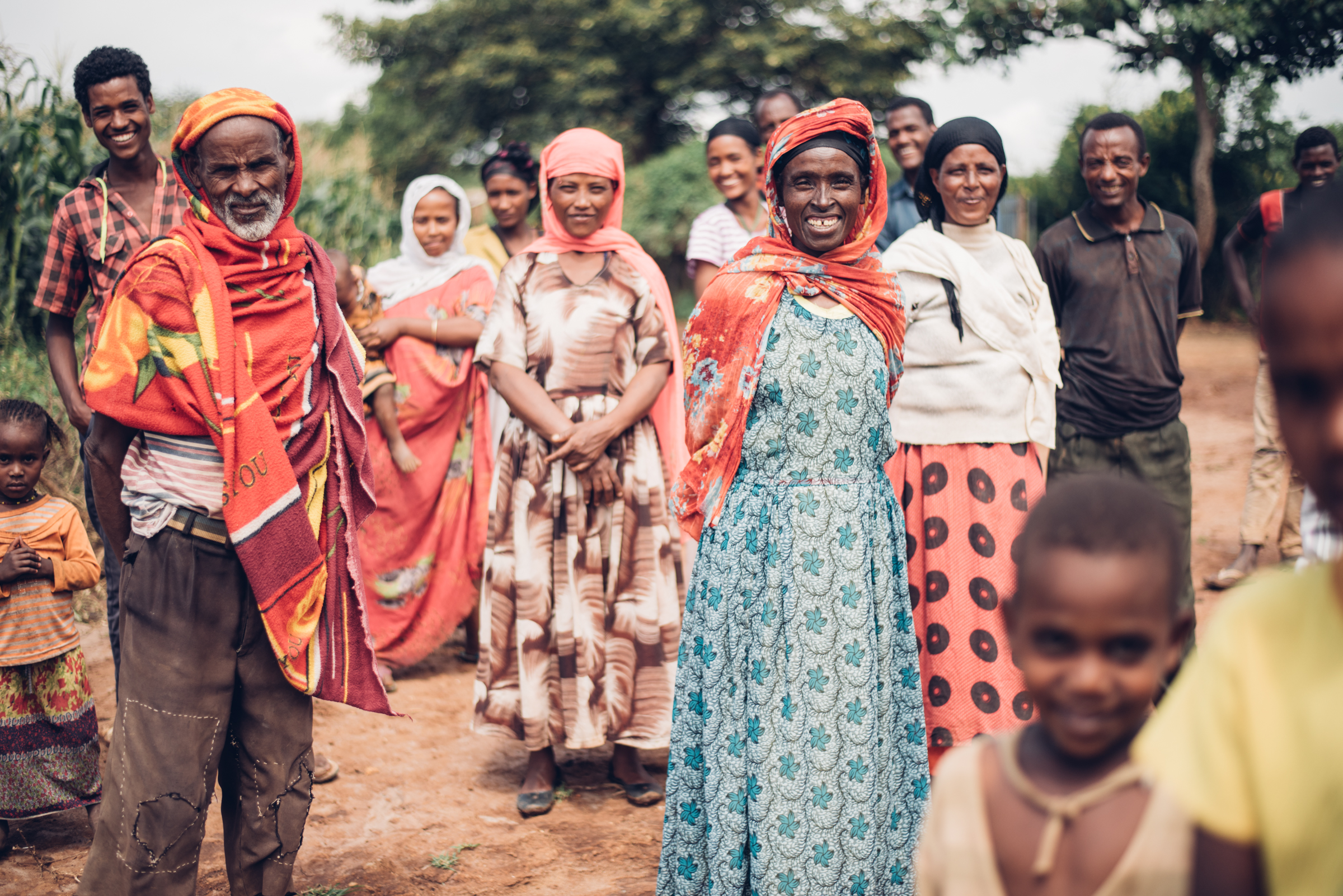
(c) Konrad Stoehr/HelpAge Deutschland
Ratifying the protocol is imperative to help protect older people’s rights in Africa
HelpAge International and 55 of its global network members and partners across Africa are urging African leaders to speed up the ratification of a key protocol on older people’s rights when they meet at the African Union in Addis Ababa this week.
The organisations have urged heads of government to follow up the agreement of the Protocol to the African Charter on Human and Peoples’ Rights on the Rights of Older Persons with the development of plans and strategies to implement the protocol at all levels of African society.
Adopted in January 2016, the Protocol on the Rights of Older Persons is the product of many years of consultations and brought to the fore commitments made by African States in the 2002 African Union Policy Framework and Plan of Action on Ageing.
Dr Prafulla Mishra, Africa Regional Director, HelpAge International said: “As we mark the protocol’s second anniversary, only four member states have signed it and no single member has ratified it. This is a big setback for older people across the continent and goes against the spirit of the protocol’s adoption as older women and men in Africa continue to face discrimination, abuse, neglect and violence in social, cultural and political spheres.
“The adoption of the protocol led to widespread celebrations by older people and wider society who viewed it as a commitment by African leaders to make ageing a positive experience. These people must not be let down.”
In Sierra Leone, older people recovering from the many years of civil wars and the ravages of Ebola looked to the protocol as a clear platform to engage their government, according to the Current Evangelism Ministries, an interfaith Christian consortium of 500 churches and related groups and HelpAge global network member.
The consortium’s chief executive Rev Dr Augustine Lansana said: “As things stand now, if governments support older people, it is out of kindness. Their actions are not based on older people’s fundamental human rights.
“The protocol, if ratified and implemented, has the potential to transform this and significantly improve the wellbeing and quality of life of millions of older women and men in Sierra Leone and across Africa. Older people hope its adoption would ensure they are treated with dignity and respect, and as equal members of society.”
The Tanzania Government has reiterated its positive position on developing and implementing age-friendly policies, plans and programmes, but older people say they are still waiting to see the promises turn into action.
“By ratifying the protocol, governments would be practising what they preach by granting and safeguarding the rights of older people,” said Elisha Mwamkinga, Executive Director at the Good Samaritan Social Services Trust, a HelpAge global network member in Tanzania.
The adoption of the African Union Protocol on the Rights of Older Persons has come at a time of great optimism, coinciding with world leaders adopting the Sustainable Development Goals and African governments passing Agenda 2063.
“While these two agreements commit to promoting human rights-based approaches to eliminating inequality, exclusion and discrimination, the Protocol on the Rights of Older Persons provides age-friendly guidelines to meet these aspirations,” added Dr Prafulla.
